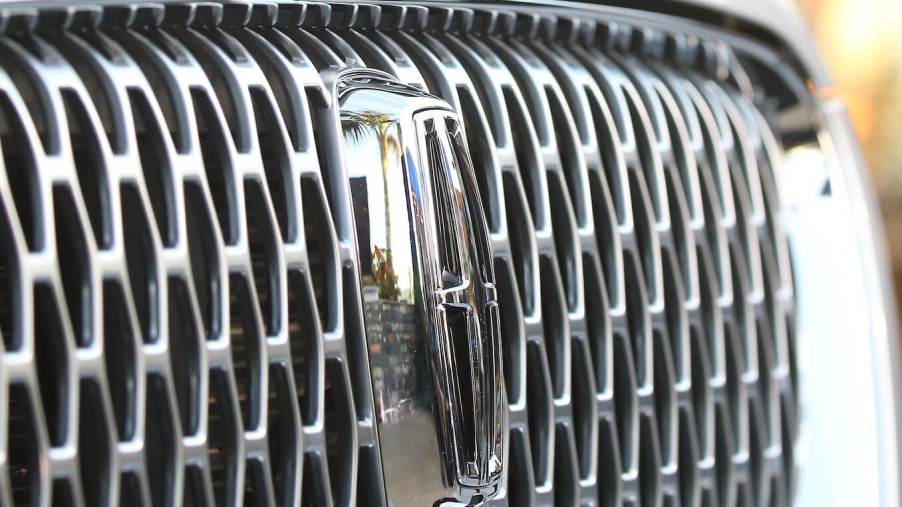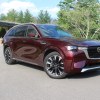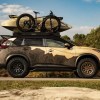
Great Reviews Haven’t Helped Lincoln
It seems like American luxury car brands are in a constant state of identity crisis. This is especially true of Lincoln, Ford’s luxury marque. Despite being over a century old, the Lincoln brand lacks a distinct identity.
What’s wrong with Lincoln?
The thing about Lincoln is that there’s nothing really wrong with it. It has a lineup of four competent luxury SUVs that tend to be more affordable in their respective segments.
The Lincoln Navigator is an excellent full-size SUV, but it remains in the shadow of the Escalade. The Black Label models are legitimately luxurious, but for many buyers, a Lincoln still doesn’t have the same panache as Mercedes-Benz, BMW, or Audi. It’s hard to find fault in any Lincoln product, but they also fail to stand out against the competition.
Car review aggregate sites like U.S. News show that Lincoln models get pretty positive reviews. Three out of the four SUVs in the brand’s lineup are ranked in the top five of their respective segments. Despite good reviews, sales are struggling.
According to data on GoodCarBadCar, Ford’s luxury brand has only sold 18,560 units in the first quarter of 2023. In the same period, Cadillac sold 36,320 vehicles, Lexus moved 68,254 units, and Acura sold 33,465 cars and SUVs. For what it’s worth, Lincoln beat Infiniti and Genesis, which sold 15,755 and 13,704 vehicles in Q1 2023, respectively.
Tough competition
What do Cadillac, Lexus, and Acura have in common that Lincoln doesn’t? Those three brands still offer multiple sedans. Cadillac has the CT4 and CT5 (and their lively V-Series variants). Acura has the Integra and TLX, both of which have Type S trims. Meanwhile, Lexus offers the IS, ES, and LS. On the other hand, Lincoln has followed Ford’s lead in eliminating sedans entirely.
Another absence in Ford’s luxury brand’s lineup is an EV. It does offer plug-in hybrid Grand Touring variants of the Lincoln Corsair and Aviator, but those aren’t doing much to attract buyers. Although the Lexus RZ and electrified Genesis models don’t sell nearly as many units as their gas-powered counterparts, they do generate interest in the brands that sell them. It’s part of the reason Genesis is catching up to Lincoln, despite being less than a decade old with little name recognition.
An obvious move would be to adopt the Ford Mustang Mach-E and give it the luxury treatment. The Mach-E has been around for two years, and Lincoln hasn’t even shown us a concept of what its own version of that electric SUV might look like. The brand has, however, announced that it will have five EVs on sale by 2026.
Besides the obvious Lincoln Mach-E, there’s a good chance we’ll see an electric version of the Navigator. Cadillac has recently confirmed that an all-electric Escalade is on the way, which will surely be based on the Ultium platform. An electric Navigator based on the Ford F-150 Lightning seems like another obvious play for Lincoln, but again, no such Navigator EV has been confirmed or even teased by the brand.
What’s next for Lincoln?
Lincoln SUVs will likely continue getting positive reviews from the automotive press, but getting the brand’s sales numbers back on track will take more than that. Even though EVs like the Lexus RZ and high-performance variants like the Cadillac Escalade V make up small percentages of total volume, they get people talking about the brand.


